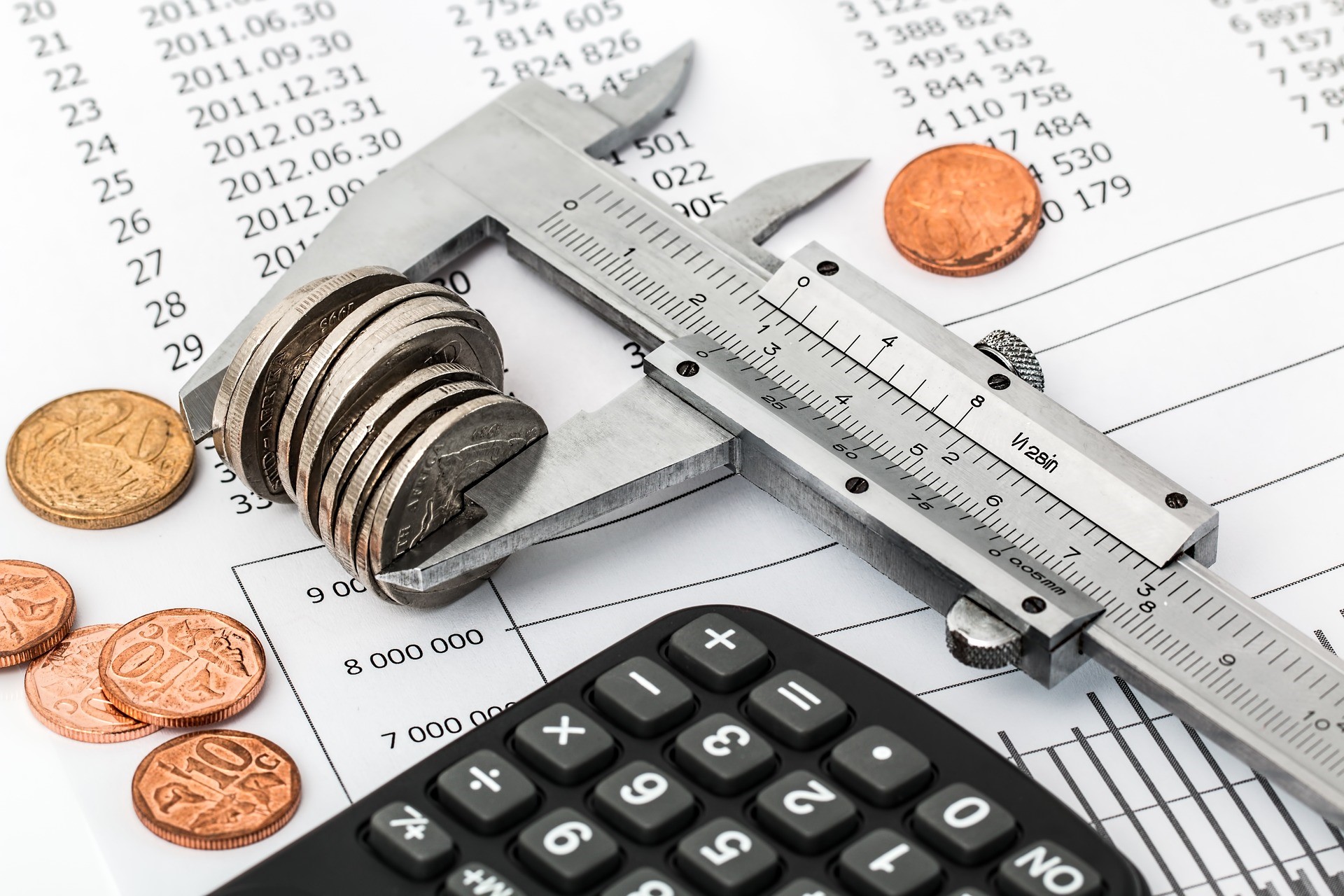Aegon AM: Taxation one of the biggest risks for investors, but it is flying under the radar
Aegon AM: Taxation one of the biggest risks for investors, but it is flying under the radar

Taxation should now be at the forefront of investors’ minds as a risk that could curtail returns in the coming years as governments look to fund coronavirus debt payments, says Jacob Vijverberg, Investment Manager, Multi-Asset Investing at Aegon Asset Management.
With the twin issues of inflation and slowing economic growth commanding the attention of markets, it is understandable for investors to overlook taxation as a risk factor, says Vijverberg. But he warns taxation will be one of the biggest risks facing investors in the coming years as governments look to pay down debt accumulated during the pandemic.
“In the past decades governments’ debt has risen and the pandemic has caused many governments to set aside the budgetary rules - as a result, debts have risen sharply. These will eventually have to be reduced and the question is: who will pay for them?
“Also due to the pandemic, monetary authorities have been even more willing to absorb additional government debt issuance which has resulted in a sharp drop in real interest rates. This is also an implicit taxation, as it results in a wealth transfer from creditors towards debtors. These low rates, especially in Europe, will likely be the main conduit to stabilise debt levels.
“For the coming years, we see a number of risks for stocks,” he says. “One is an increase in corporate taxes, which in recent decades have steadily declined. Countries have been competing against each other to offer companies lower tax rates to attract more revenue, in essence competing for a larger share of a smaller pie.
“Ireland recently became the latest to align with the global corporate tax plan which is an OECD-brokered deal for global reform with a minimum tax rate for multinationals. This should limit multinationals from moving their profits to tax-friendly countries.”
Ultimately, Vijverberg says higher taxes for companies will have a negative impact on corporate profits and therefore also on equity returns. Returns on equities are likely to be below historical averages as current valuations are elevated.
“Equities still offer potential for decent earnings growth due to the economic rebound and due to the large share of high margin and growing technology companies. But potential increases in corporate tax rates are likely to be a drag on net earnings.”








